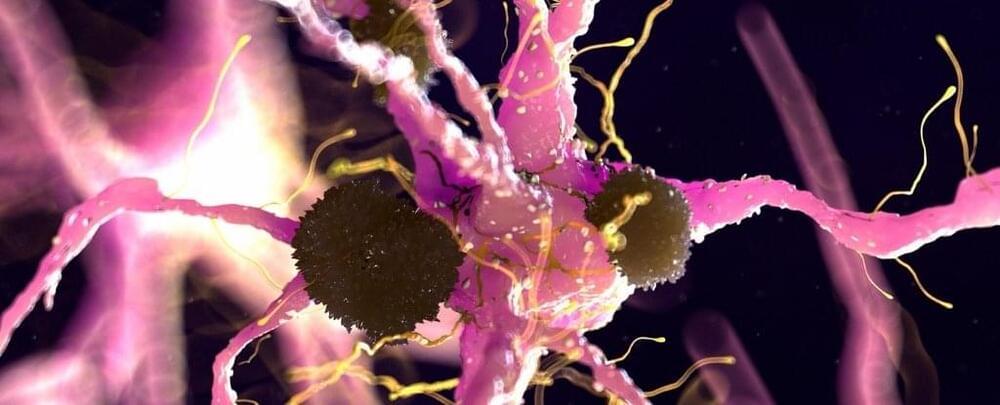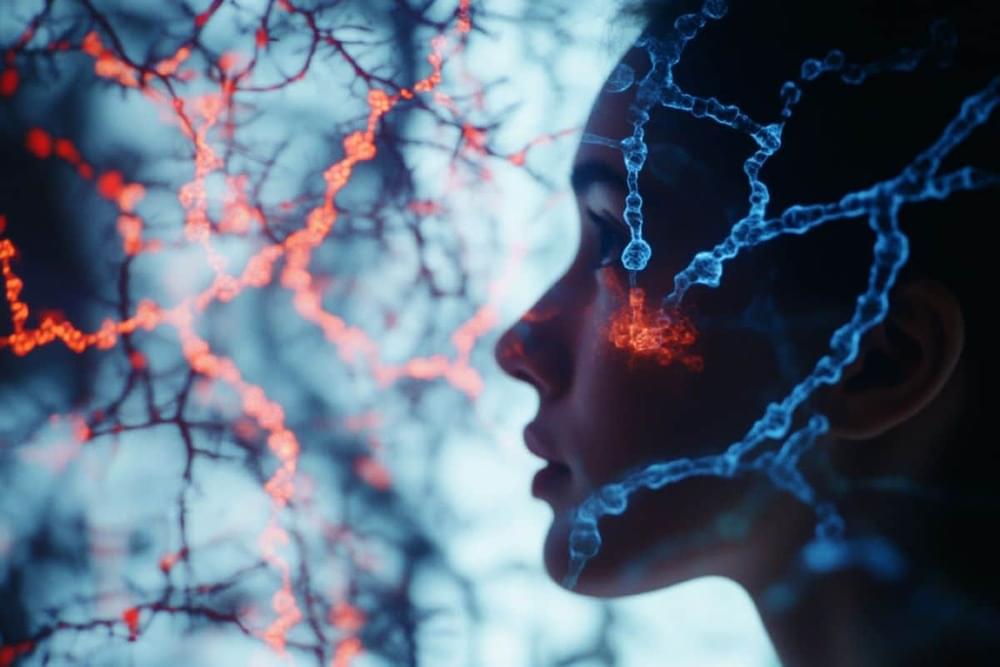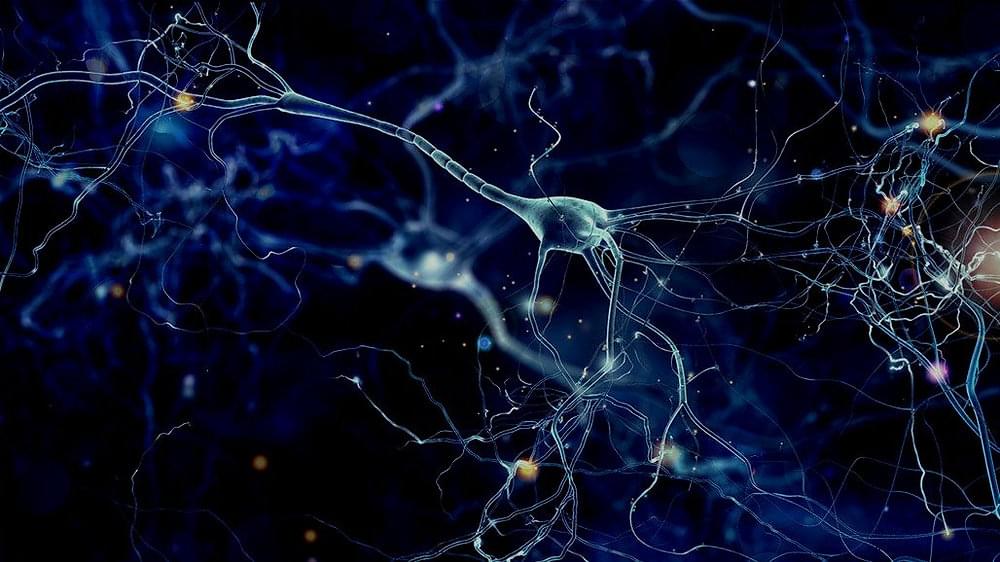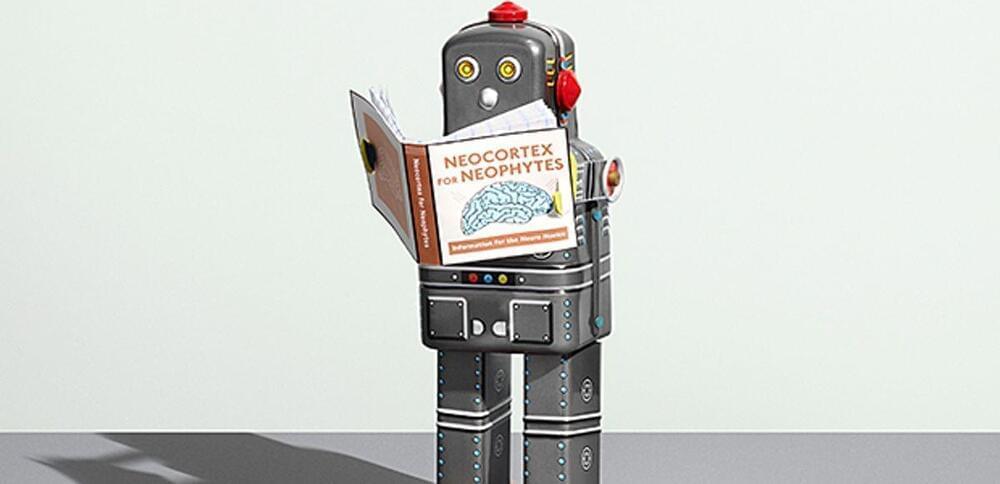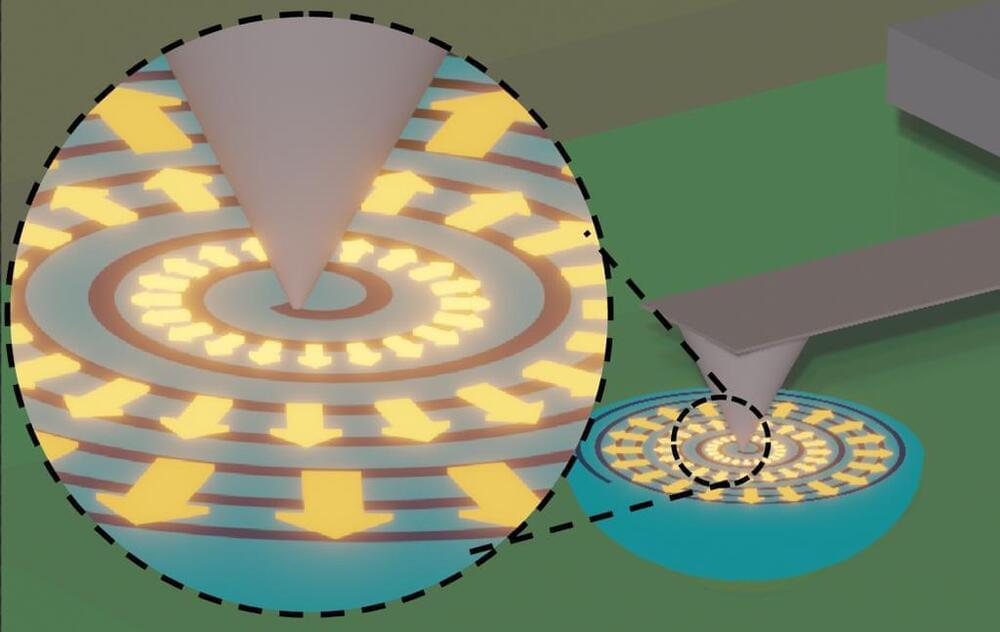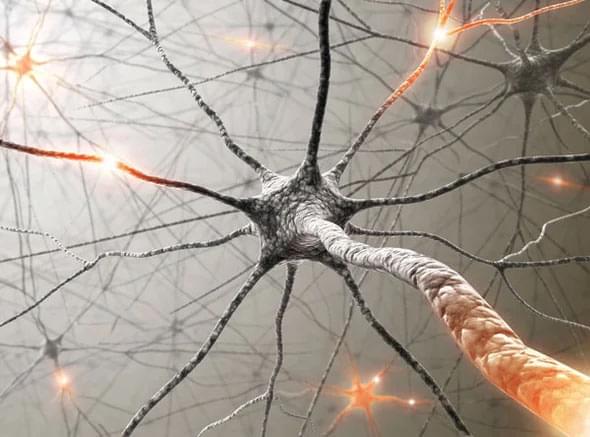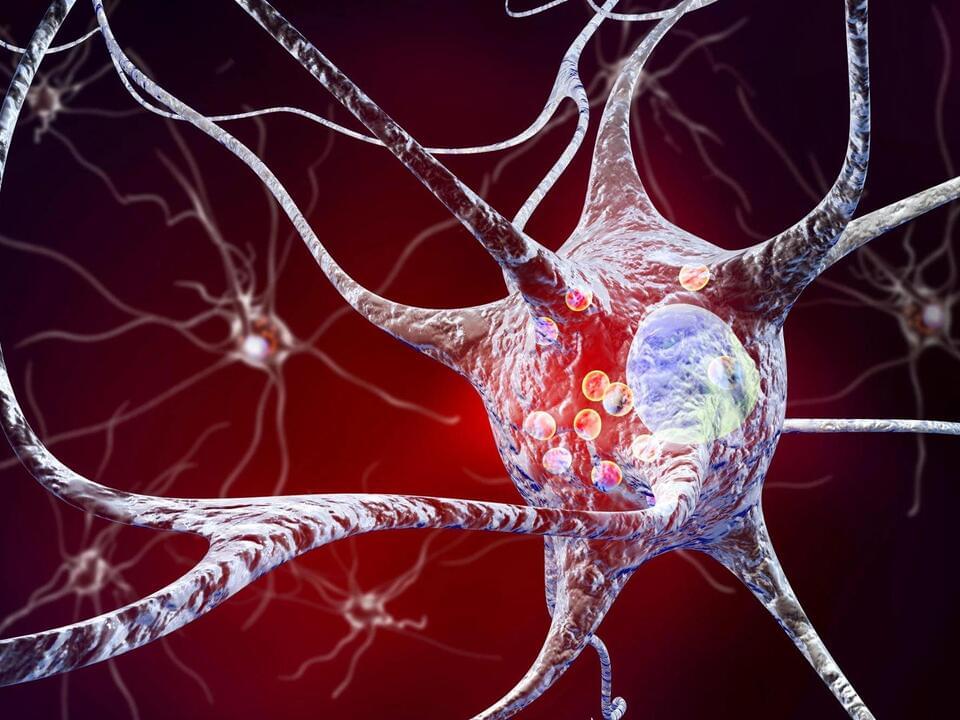Oct 9, 2024
Parkinson’s Discovery Suggests We Already Have an FDA-Approved Treatment
Posted by Genevieve Klien in categories: biotech/medical, neuroscience
Researchers have discovered how a cell surface protein called Aplp1 can play a role in spreading material responsible for Parkinson’s disease from cell-to-cell in the brain.
Promisingly, an FDA-approved cancer drug that targets another protein called Lag3 – which interacts with Aplp1 – blocks the spread in mice, suggesting a potential therapy may already exist.
In a recent paper, an international team of scientists describes how the two proteins work together to help harmful alpha-synuclein protein clumps get into brain cells.
